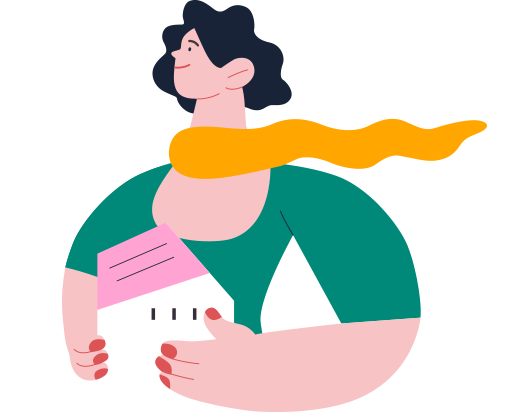Got questions about your mortgage application?
Let's answer them now.

How much can I apply for?
The minimum mortgage amount is €30,000 and the maximum is €3,000,000. This depends on three factors:
The mortgage cannot exceed 80% of the lower of 2 amounts: the purchase price or the valuation price.
The monthly mortgage repayment plus other financial expenses cannot exceed 40% of your net monthly income.
This will also determine the amount of your mortgage repayments. The sum of the mortgage term plus the age of any of the applicants cannot exceed 80 years.
This is a general guide and, of course, there are always exceptions.
The aim of these three criteria is to ensure that you can cover your mortgage repayments in addition to other fixed expenses throughout the entire mortgage term.
How long does it take to sign for a mortgage?
It can vary: 25 days or more. It depends, especially, on when the personal and the property documentation are submitted.
The mortgage application process is broken down into 3 steps:

What mortgage costs and fees apply?
There are two types of costs: mortgage and purchase. Both are carried out at the same time at the notary's office when you sign.
Mortgage costs
The customer currently only covers the valuation fee; all other costs are paid by the bank.
Purchase costs
- Notary, registration, administration and purchase-related taxes: VAT, second-home tax, and Property Transfer Tax (ITP) for resale homes.
- These costs can vary between 10% and 15% of the purchase price.
- They will apply regardless of whether a mortgage is taken out.
What is the difference between subrogation and cancellation?
Subrogation involves switching your mortgage at one bank to another. You can change several aspects of the loan, including the interest rate or term, but not the amount or type of interest rate, i.e., fixed, mixed or variable.
Cancellation, on the other hand, involves changing another aspect of the loan, including the amount or the type of interest rate. In this case, it would incur asssociated costs, including administration, notary and registration.
You can switch your mortgage to Openbank by cancellation and pocket savings each month. The process is simple, quick and online... plus, you will have a personal mortgage advisor to assist you throughout the process.